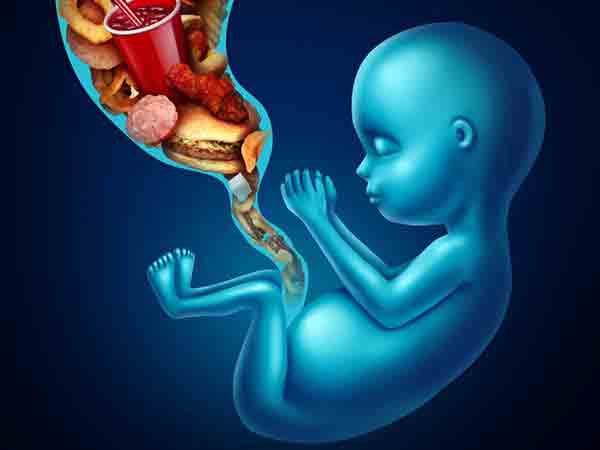The significant role of amino acids during pregnancy: Nutritional support
This 2020 review focuses on the importance of amino acids that are transported from the mother to the fetus during pregnancy. The placenta utilizes many branched-chain amino acids, some of which are converted to alpha ketoacids and contribute to placental ammonia production. Manta-Vogli et al. state that both non-essential and essential amino acids regulate key metabolic pathways to enhance health, survival, growth, development, lactation, and reproduction of organisms. While some of these non-essential amino acids (e.g. glutamine, glutamate, and arginine) also play influential roles in regulating gene expression, cell signaling, antioxidant responses, immunity, and neurological function. The authors believe that nutritional support during pregnancy should be of great interest. Consideration is required for those with low socioeconomic status, vegan-vegetarians, and women with metabolic disorders. It was highlighted that intakes of vitamin B12, folate, and phenylalanine must be within the recommended range during pregnancy, or the fetus may develop congenital malformations. Lastly, plasma amino acid concentrations may need to be checked, in addition to conducting the routine laboratory test. [NPID: maternal diet, child development, postpartum depression, neonatal, post-partum depression, pregnancy, BCAAs, alpha ketoacids, ammonia, neurological function, vitamin B12, folate, phenylalanine]
Year: 2020
 Navigation
Navigation






